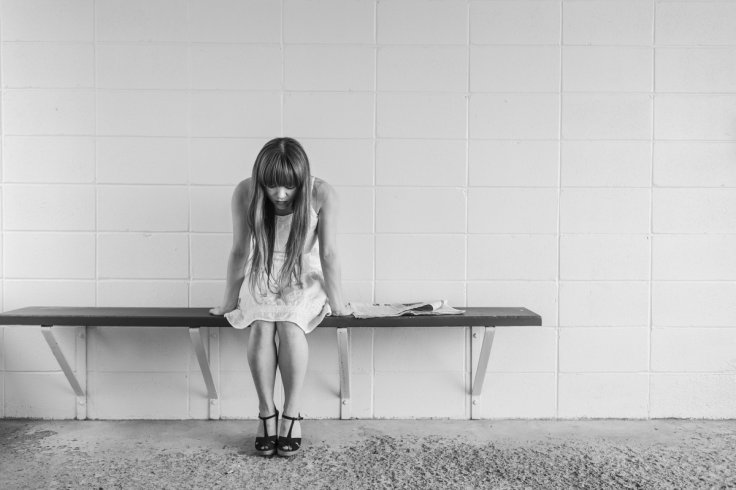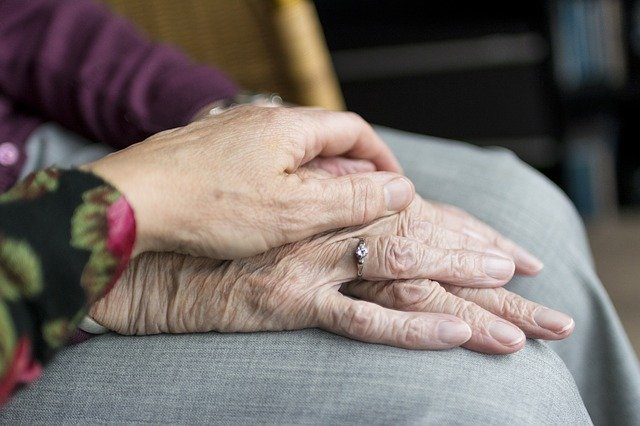The stress levels among citizens due to preparations for easing lockdowns by administrations have been found to spike, according to scientists at the University College London (UCL). As much as 25 per cent of the people are worried about catching the coronavirus and becoming severely ill if social distancing measures are relaxed.
Women, people with children, key workers, people with mental health issues, and those with lower household incomes among 80,000 adults were found to be more worried about getting diagnosed with the coronavirus. The Daily Mail reported that the UCL researchers found comparatively lower stress levels among people living in urban areas.

Daisy Fancourt, epidemiologist at UCL, said they observed a rise in stress levels and a slight improvement in wellbeing after discussions on lockdown exit began. Stress regarding unemployment overall has been stable but relatively higher in those under 60 and those with mental health diagnoses. Over the past few weeks, stress related to food has stayed low but rose a bit among people with mental health conditions. One in 10 people with household incomes lower than $32,000 also had stress regarding food.
What is 'segmentation and shielding' approach?
Researchers from Edinburgh and London suggested a "two tier" action plan in which elderly people and those vulnerable to chronic disease should be kept apart from society. This approach is called "segmentation and shielding". According to them, this is the only way to get back to normal without causing a second wave of infection.

The study does not say how long elderly people will have to stay isolated from society. The British government is planning to allow people over 70 the same liberty as the rest of the citizens. Some experts say that people returning to normal life will result in resurgence of cases. The government is eager to avoid a second wave as the UK has the second highest death toll in the world with more than 30,000 fatalities due to the coronavirus after the US.









